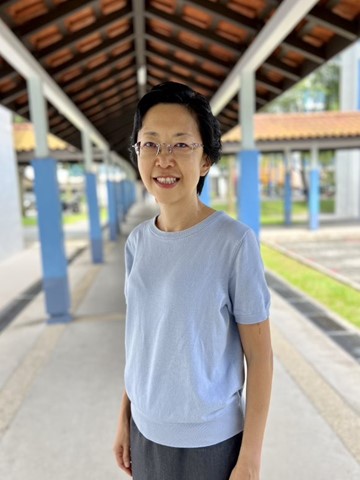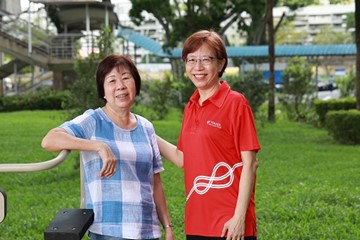Professional Deputies and Donees
Our qualified professionals can be appointed as deputies or donees to manage the affairs of individuals who lack mental capacity. This offers a reliable option when family isn’t available.
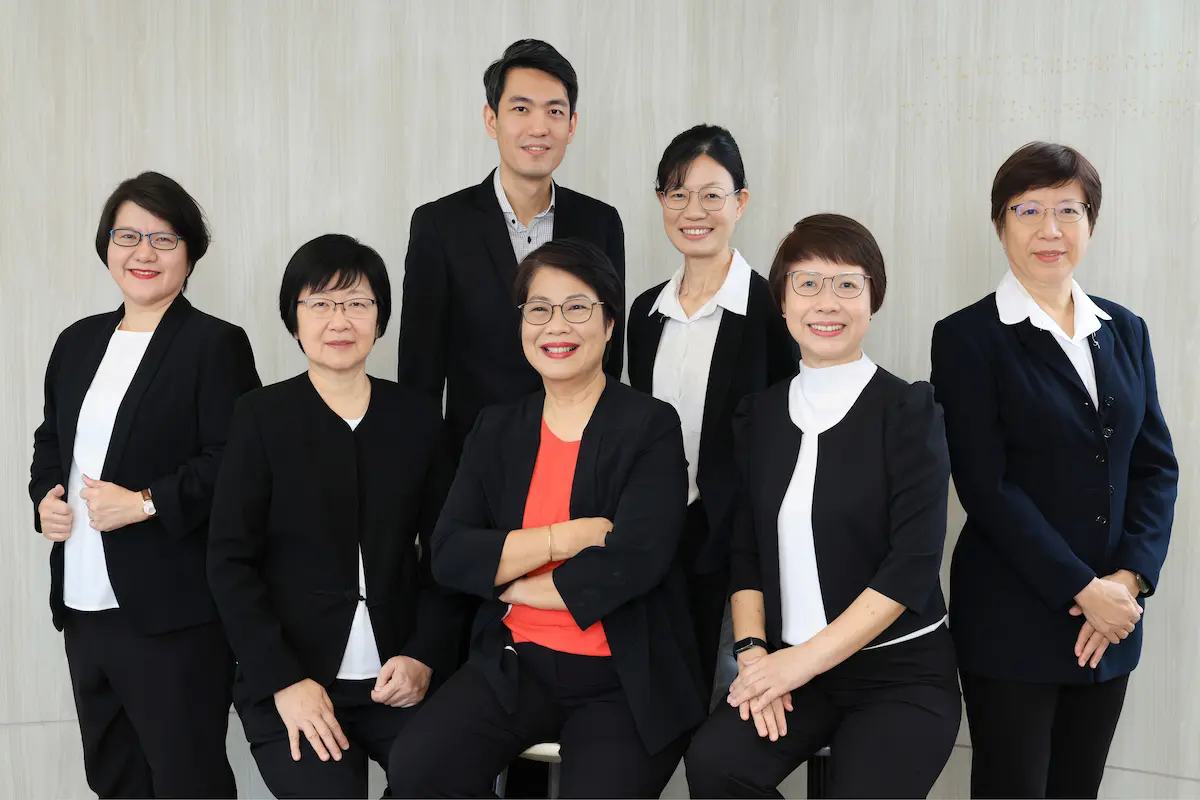
Securing Peace of Mind for Your Golden Years
Singapore is a fast-ageing society. It is estimated that seniors with dementia will increase to 100,000 in 2030. Anyone can lose their mental capacity because of dementia, brain injury, stroke, or other causes.
Under the Mental Capacity Act, individuals have the option to appoint a professional donee or deputy as a proxy decision-maker. These appointed professionals are entrusted to manage personal welfare, property, and affairs in the event of a loss of mental capacity.
In Singapore, the Mental Capacity Act facilitates:
- Advance planning
Enables you to plan and make decisions for your future before any loss of mental capacity occurs.
- Voluntary LPA creation
Allows you to voluntarily create a Lasting Power of Attorney (LPA) and appoint one or more persons (known as donees) to act on your behalf.
- Court appointment of deputy
Authorises the court to appoint a deputy to make decisions and act on your behalf if you lack a proxy decision-maker or haven’t created an LPA.
- Professional deputyship services
Permits registered professional deputies and donees to provide deputyship and doneeship services for remuneration.
How We Can Help You
We maintain a pool of qualified professional deputies and donees (PDD), who are registered with the Office of the Public Guardian (OPG).
Through our professional deputy, professional donee, and advance care facilitation services, we’re here to help:
- If you can’t find a suitable or trusted individual to appoint as your donee for a Lasting Power of Attorney (LPA)
- If you need to appoint a professional deputy through a court order
- If you would like to pre-plan your end-of-life care and wishes
- If you need assistance to file a Simplified Deputyship online
- If you want to make your Advance Care Plan (ACP) or talk to us about legacy planning
We support individuals:
- With modest to significant assets
- Who do not have a trusted or close family member to be their proxy decision-maker
Professional Deputy Service
We have a pool of professional deputies that you can appoint for yourself for a fee approved by the court.
By appointing a professional and successor deputy through a court order, your assets can be consolidated, managed, and used to pay for your living expenses. This includes nursing home and medical fees, among other miscellaneous costs.
This serves to help those who may not have suitable and/or willing family members who can be appointed to take on the deputy role.
All professional deputies under TOUCH are registered with the OPG. To be officially registered, they must meet stringent criteria and pass a certification course.
To safeguard your interests, our professional deputies are also required to furnish an annual report to the OPG which lists down the actions taken and financial transactions they made on your behalf.
View frequently asked questions
Simplified Deputyship Application Service
If you wish to appoint yourself or someone you trust to be a deputy, we are also here to make the process easier for you. We can guide you on the simplified online application track through the Integrated Family Application System (iFAMS) under the Family Justice Court.
Instead of the usual three to six months, this simplified process only requires four to six weeks for the court to appoint a deputy for the individual who has lost mental capacity.
Who this service is for
- Caregivers and social service organisations supporting their clients who need help
- Persons who have lost mental capacity and does not have a Lasting Power of Attorney (LPA)
- Deputies who manage up to $80,000 of the individuals's assets
What you can expect
- Consultation with family members who wish to be appointed as a deputy for an individual who has lost mental capacity
- Assistance with application for Simplified Deputyship using iFAMS
- Understanding the role and legal powers given to the deputy
- Guidance and support for family members acting as deputy on their roles and reporting requirements to the Office of the Public Guardian (OPG)
Professional Donee Service
Did you know that it is an expensive and stressful process for a loved one to apply for a deputyship order if you lose mental capacity without a Lasting Power Attorney (LPA) in place?
While you still have mental capacity, you should consider making an LPA. This will allow a loved one to act on your behalf without hassle – and more importantly, according to your wishes and preferences.
Find out more about LPAs on the MSF website
The LPA will kick in when you lose mental capacity. It allows you (called a donor) to plan and appoint someone whom you trust (called a donee) to make decisions in your best interest, based on your wishes and preferences. This includes managing your finances and your welfare.
Personal welfare donee
As the LPA is a legal document, you can decide what powers you wish to give your professional donee(s) regarding your personal welfare. This includes:
- Healthcare
- Property and affairs
- Other financial matters
Some examples of decisions made under personal welfare donee include:
- Where the donor should live
- Day-to-day decisions
- Handling personal correspondences
Property and affairs donee
For donees charged with handling issues regarding property and affairs, their tasks include:
- Opening, closing, and operating the donor’s bank accounts
- Dealing with the donor’s property
- Receiving income, tax matters, financial entitlements on behalf of donors
The power of the professional donee(s) conferred by the LPA will be cancelled if the donor dies.
Who this service is for
The professional donee service is most suitable for seniors with modest assets and who own at least one property.
Service users who have appointed professional donees under TOUCH include:
- Retired professionals
- Individuals whose family members are unable or unwilling to become a donee for the LPA
Pre-planning is vital to relieve your loved ones from unnecessary conflicts and stress during a medical crisis. It helps to plan and share your preferences with the appointed donees to lessen your worries and anxieties.
Advance Care Plan Facilitation
How well do your loved ones really know you? What happens when you are terminally ill or become mentally incapacitated?
Will your healthcare professionals or loved ones know how to make important medical or care decisions that affect you?
It’s not easy for anyone to make such decisions, and sometimes, it may lead to anxiety or guilt. Many families may still shun talking about death as it is seen as an inauspicious and taboo subject.
As a community, we must learn to hold such end-of-life conversations with our loved ones.
Why is advance care planning (ACP) crucial?
It allows you to plan and communicate your values and wishes regarding your future medical care.
By communicating your preferences early, you can help your loved ones prepare for the unexpected and relieve some of the burden and stress they may face in having to make difficult decisions for you.
Hear from Those We’ve Helped
Get in Touch with Us
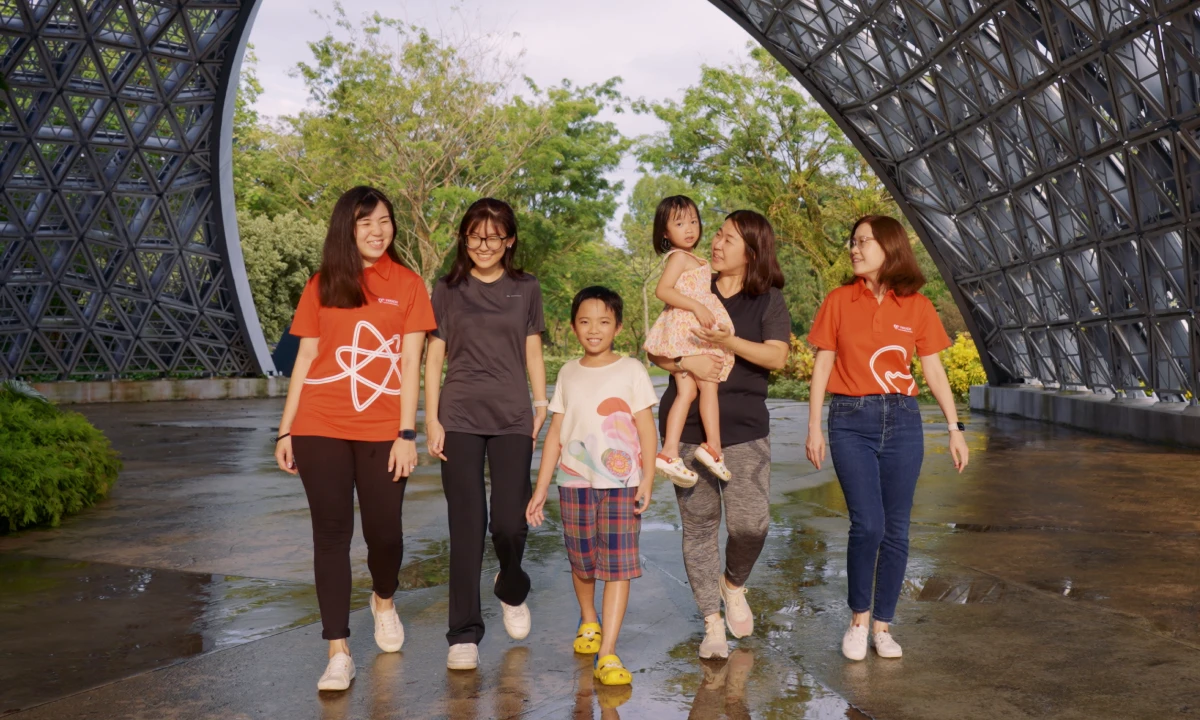
Without a Lasting Power of Attorney (LPA), your family members don’t automatically have the authority to make decisions on your behalf for personal welfare, healthcare, property, or financial matters.
They might need to seek court approval to become your deputy — a process that can be stressful, time-consuming, and costly, and potentially lead to family conflicts.
Mental capacity refers to an individual’s ability to make a specific decision at any given moment. It’s evaluated case by case and can't be assumed solely based on a medical condition or other external factors like age, appearance, or behaviour.
Someone might have capacity for certain decisions but not others. For instance, they could manage daily tasks like shopping but struggle with complex financial choices.
Importantly, mental capacity can change over time, improving, deteriorating, or fluctuating unpredictably.
When an individual is certified as mentally incapacitated, the donee(s) named in your LPA are activated and legally empowered to act according to the granted authority, whether for personal welfare, property and affairs, or both.
These appointed donee(s) can make decisions concerning personal welfare and/or property and affairs. If this isn’t feasible, family members may have to apply to court for a deputyship order.
A donee should be someone who is at least 21 years of age, trustworthy, reliable, and competent enough to make decisions for you.
For personal welfare, you can only appoint an individual to make decisions for you.
For property and affairs, you can appoint either an individual, or a licensed trust company as defined in the Trust Companies Act.
You have the option to appoint a professional donee or professional deputy to carry out the duties as stipulated in the Mental Capacity Act for a chargeable fee.
All professional deputies and donees must be certified and registered with the OPG. They must also meet stringent qualifying criteria and pass a certification course.
TOUCH has a pool of registered professionals who can provide this service for you.
Costs include a one-time set-up fee and annual fees.
When a person becomes mentally incapacitated, the charges for the duties undertaken by the Professional Donees are tallied at an hourly rate.
This is based on the powers given by the donor in the LPA and the hourly rate agreed upon at the point of engagement.
Individuals may also refer to the list of PDD services on the OPG website to learn more.
- They possess relevant expertise as professional donees and are registered with the OPG. These individuals are required to take courses and sit for an examination to aid in the understanding of their roles and responsibilities.
- Professional donees, such as lawyers, social workers, and accountants, offer reliable service as they are members of professional bodies and bound by their own codes of conduct and ethics.
- They serve as neutral parties with no vested interests, as their role concludes upon the passing of the donor.
- Professional donees take the time to understand the donor's wishes, preferences, and asset information before any loss of mental capacity. This ensures that they can act in the donor's best interests after incapacity.
- A professional donee ensures that the donor need not burden their family members with this role and the responsibilities that come with it.
Follow these four simple steps:
1. Reach out to us at 9653 1076 to find out more
2. Sign the letter of engagement to appoint a professional donee
3. Complete and submit the LPA form
4. Meet your professional donee
Additionally, we conduct an annual review with all LPA Donors to ensure their wishes and preferences are up to date.
The Office of the Public Guardian (OPG) is dedicated to safeguarding the dignity and interests of vulnerable individuals lacking mental capacity. They oversee the registers of LPAs and court orders appointing deputies.
More importantly, they certify, maintain, and supervise all deputies and professional donees, requiring them to submit regular written reports.
Additionally, the OPG investigates any alleged violations of the Mental Capacity Act, including complaints about the exercise of powers by donees or deputies.
The OPG also heads a board of visitors, which conducts visits to individuals lacking capacity, donees, or deputies, upon request by the public guardian or the court, to ensure their well-being.
For further details, visit the OPG website.
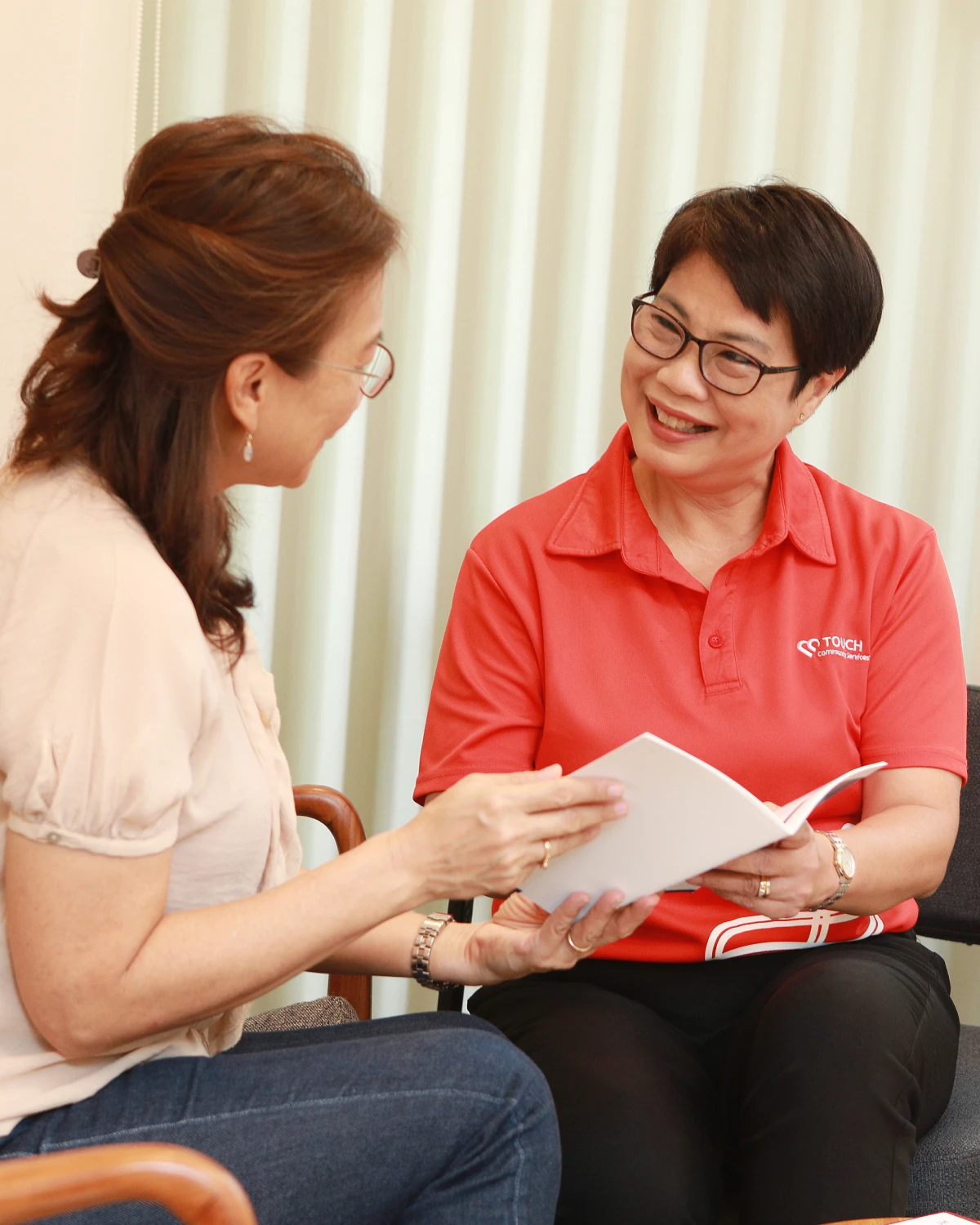
ACP is not a legal document. But it is never too late to document your wishes, personal beliefs, and values early with the help of an ACP facilitator.
It is important to make your healthcare preferences known. This is to cater for different medical scenarios that you may find yourself in.
If you are above 21 years old, you can make an ACP regardless of your health condition and change it at any time.
- Allows you to express autonomy and make choices in advance about your care preferences before passing
- Relieves your loved ones of the burden and stress of decision-making by providing clear guidance
- Aids healthcare professionals and your loved ones by informing them of your preferences, beliefs, and values
- Enables the healthcare team to teach your Nominated Healthcare Spokesperson faster
Follow these simple steps:
- Book an appointment by calling 9653 1076 during office hours (Monday to Friday, 9:00am to 6:00pm), or email enquirypdd@touch.org.sg if you need more information
- Attend a 60-minute ACP Session: choose from Tele-ACP or one-to-one sessions at TOUCH centres located at Bukit Merah, Toa Payoh, and Ang Mo Kio
Afterwards, the ACP facilitator will complete and upload your ACP documentation with the National Electronic Healthcare Record system.
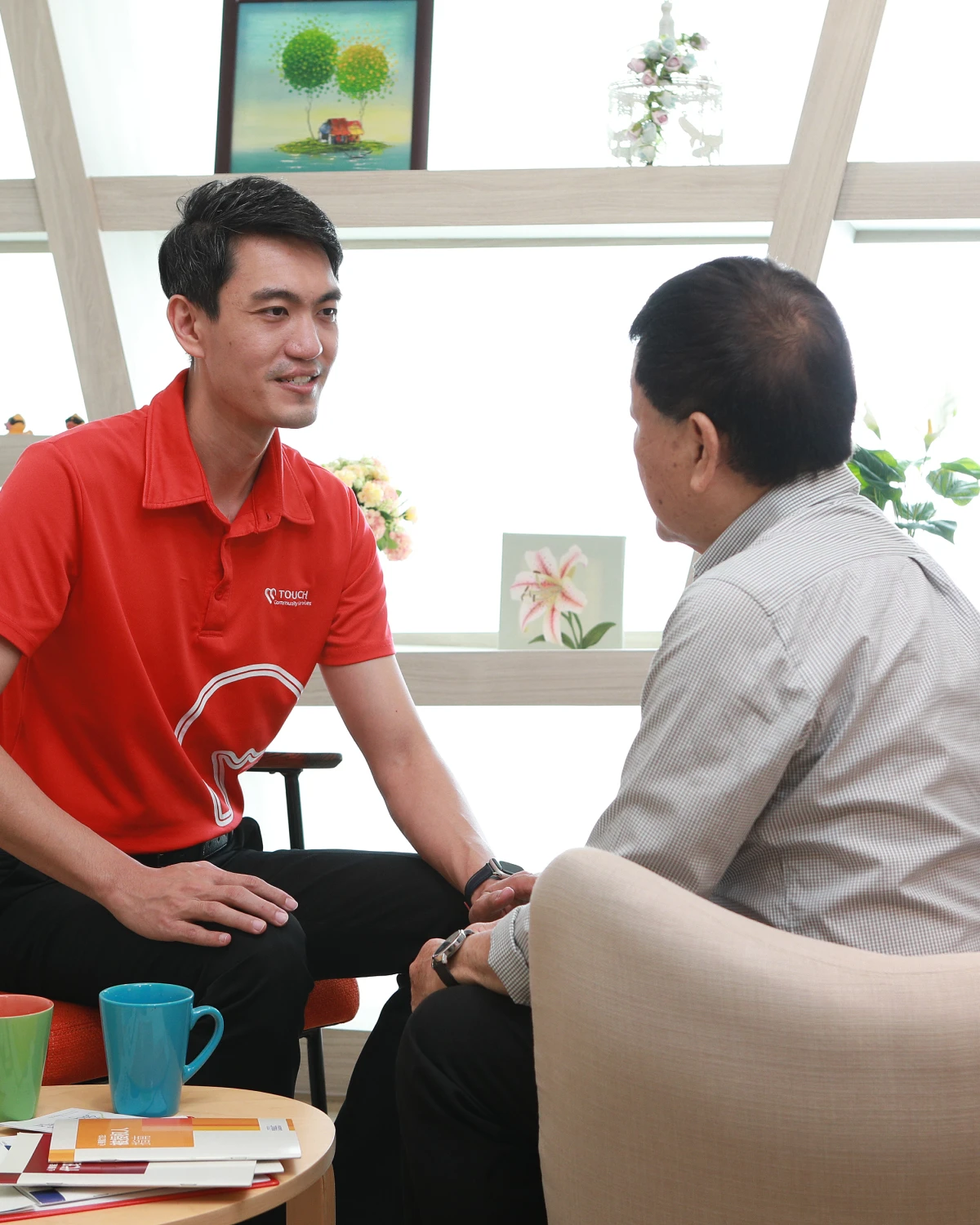
A Gift to Future Generations
You can make a lasting impact on the community by leaving a legacy through TOUCH.
Resources Beyond TOUCH
Quick Reference Guide for LPAs
Learn how to easily access LPA application forms, search for certificate issuers, or accept donee appointments on the Office of the Public Guardian Online System (OPGO).
Find a Certificate Issuer
When completing your LPA, the LPA Form will have to be witnessed and certified by an LPA certificate issuer. Learn how you can find one.
About the Professional Deputies and Donees (PDD) Scheme
Access additional information and resources on the MSF website regarding how the PDD scheme works.
End-of-Life Planning
Discover how you can help your loved ones make the right decisions and arrangements early for when the time comes.
Making an Advance Care Plan
Discover how you and your loved ones can proactively plan for future health and personal care by creating an advance care plan.
